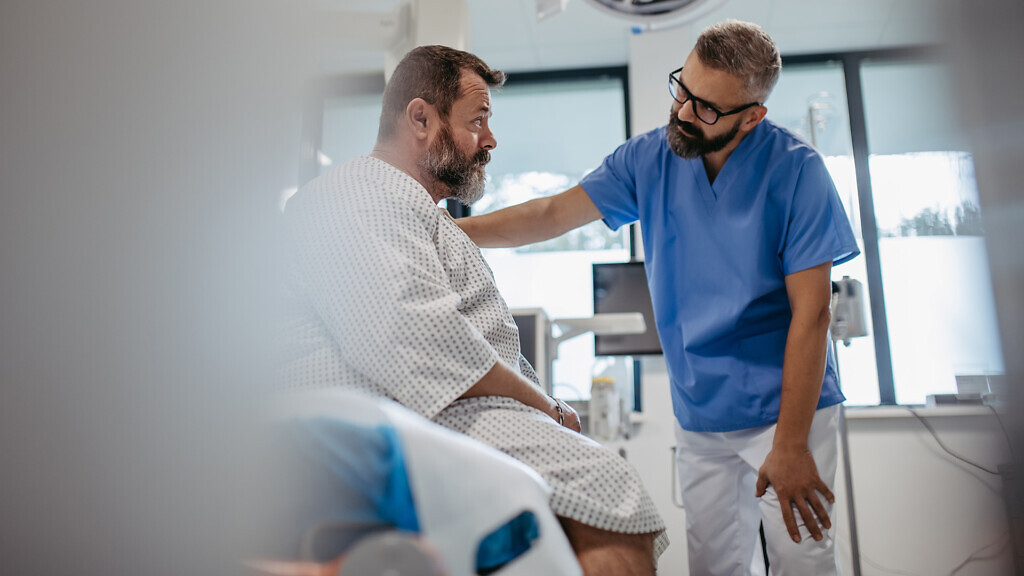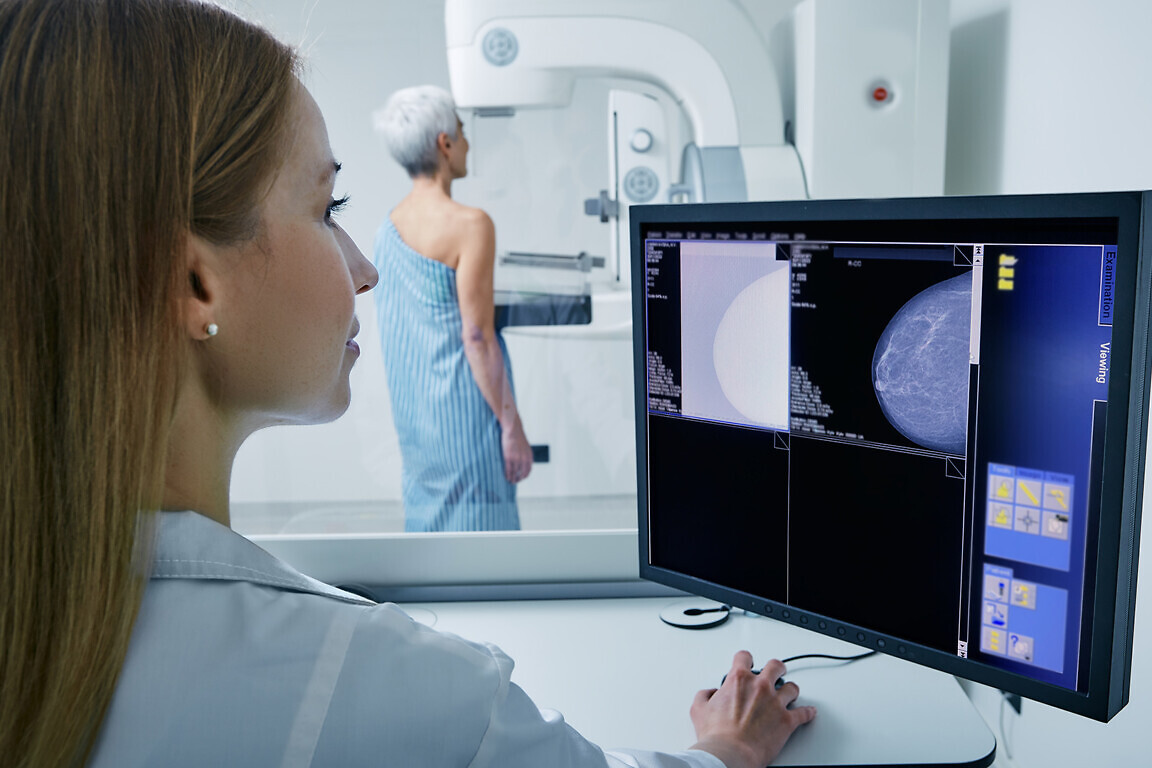A review from NHS Resolution of cancer claims data has identified three key areas for improvement.
There is a pattern in missed cancer diagnoses among GPs, with almost two-thirds (65.7%) of patients diagnosed with Stage 3 or 4 cancer, compared to national early diagnosis rates of around 54% for Stages 1 and 2.
The findings come from an NHS Resolution comprehensive thematic review of claims data to identify learning opportunities and improve patient safety across the healthcare system, which examined 105 completed claims relating to delayed cancer diagnosis in general practice over a seven-year period up to March 2023.
While many general practice consultations are safe, with GPs referring people on urgent suspected cancer pathways in record numbers, the analysis covers a comparatively small number of cases where there were identified failures in the pathway.
“While the number of clinical negligence claims is low given the volume of care delivered in general practice, each one represents a missed opportunity for earlier cancer detection,” said Helen Vernon, chief executive of NHS Resolution.
“By understanding these patterns, we can work with the NHS to strengthen cancer pathways and support better patient outcomes,” she continued.

Three areas
The five cancer types with the highest number of settled claims were colorectal cancers (20%), skin cancers (18%), breast cancers (13%), prostate cancers (13%), and urological cancers excluding prostate (9.5%).
The report identifies three key areas for improvement: optimising diagnostic processes, enhancing communication within consultations and across the healthcare system, and empowering patients through increased self-referral pathways and escalation mechanisms.
The report suggests system-wide improvements, including better integration of digital systems to detect repeat attendance across healthcare interfaces, enhanced training for remote consultations, and increased use of non-specific symptom pathways for challenging cancer presentations.
Peter Johnson, national clinical director for Cancer at NHS England, said that the research “helps us understand where delays occur and highlights opportunities for improvements”.
NHS Resolution’s Safety and Learning team worked with clinical advisory groups, including representatives from NHS England, the Health Services Safety Investigations Body, Royal Colleges, and academic institutions, to develop the report’s recommendations.



